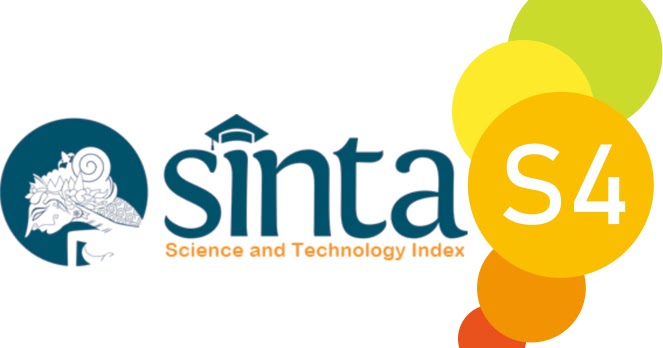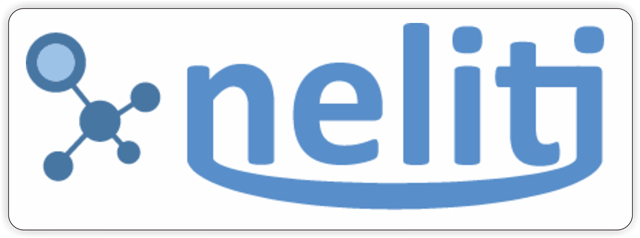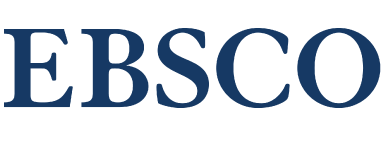ANTESEDEN DAN HASIL UJI COBA MODEL CONSUMERS ONLINE TOURISM CONFUSION DARI PERSPEKTIF KONSUMEN PRODUK PARIWISATA (Studi Pada Warga Negara Indonesia)
Abstract
Rapid flow of information through on the Internet has tended to be confusion (confusion) among users. It will cause potential customers perform undesired actions. This study will confirm the Consumers Online Tourism Confusion Model on Indonesian citizen. The population in this study are: Citizen of Indonesia who are at least 18 years, using online media (internet) in seeking information on tourism products and are planning a trip (vacation). This research is analysed by using regression method with a total 100 respondents being involved. The results showed that learning orientation and price consciousness variables bring negative and significant effect on consumer confusion, while the level of need for cognition brings positive and significant impact on consumer confusion. The results of this study suggest that the company in particular that rely on product differentiation as a competitive advantage, should continue to use other media in implementing marketing communications strategies in order to avoid consumer confusion.



















